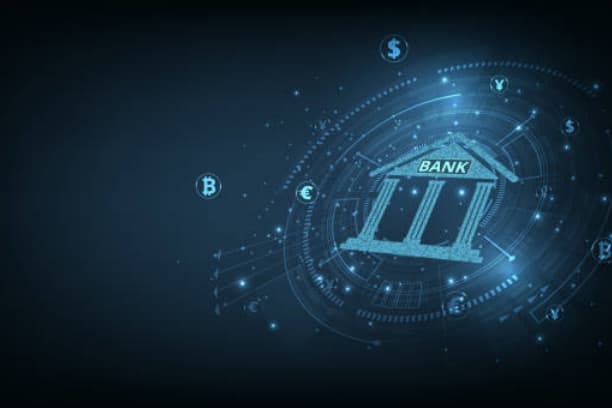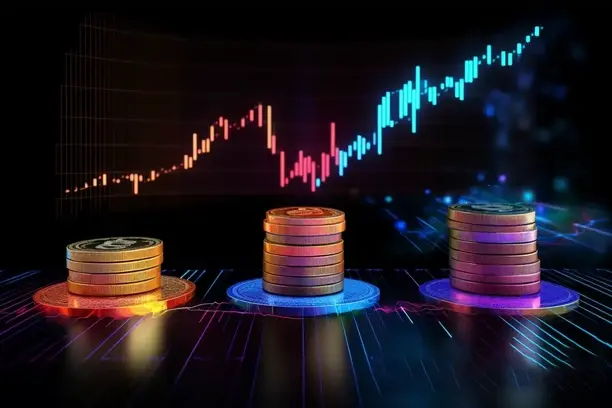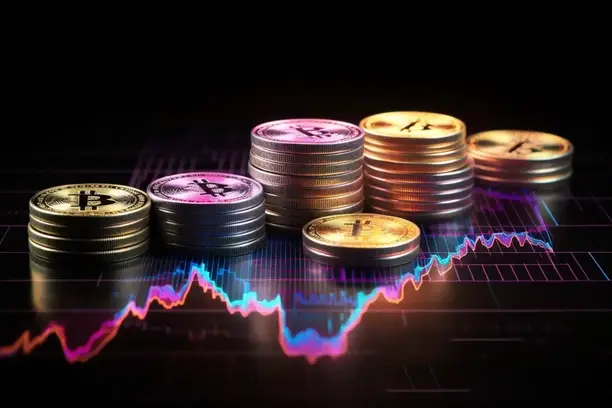Unknown wallet transfers to exchanges occur from time to time during cryptocurrency trading and transfers. It refers to the initiation of a fund transfer from an unknown wallet to an exchange account. This article will help you quickly understand the meaning behind this phenomenon, the possible risks and countermeasures to make you more comfortable when dealing with cryptocurrency trading. Whether you are a cryptocurrency novice or an experienced player, it is crucial to understand the dynamics of unknown wallet transfers to exchanges.

What is an unknown wallet?
In the cryptocurrency world, a wallet is a tool used to store and manage digital assets. An "unknown wallet" is a wallet address that is not clearly identified and cannot be recognized through conventional means. Unlike known wallets, unknown wallets are often untraceable to their owners or transaction history, making it difficult to determine if they are a legitimate or secure source of funds.
An "unknown wallet to exchange" scenario usually means that digital assets from an unknown wallet are transferred to an exchange platform to be traded or exchanged. This type of transfer is very common in the cryptocurrency market, but it also raises a number of potential security concerns due to its anonymity and uncertainty.
Unknown reasons for wallet transfers to exchanges
The anonymous and decentralized nature of cryptocurrencies allows for the movement of funds between wallets without much restriction or scrutiny. It is not uncommon for such transfers to occur. Here are some of the possible reasons for "unknown wallet to exchange":
- Money Laundering: Anonymous wallets are often used for illegal money transfers and laundering, and money flows from black market transactions or other illegal activities may flow into exchanges through unknown wallets.
- Centralized Asset Management: Some users may transfer digital assets from multiple wallets to the same exchange for unified operations in order to easily manage their assets.
- Exchange Promotions: Some exchanges will attract inflows through promotions, where users may fund the exchange through different wallet addresses in order to receive rebates or other rewards.
Either way, the flow of funds to the exchange and its security will be affected to some extent. Therefore, it is important to understand the potential risks of "unknown wallet transfers to exchanges".
Risk of unknown wallet transfers to exchanges
For exchanges, unknown wallet transfers can pose multiple risks. Here are a few of the main risk points:
- Money-laundering risk: The anonymity of cryptocurrencies allows unscrupulous individuals to use "unknown wallets" to launder funds. Exchanges that fail to recognize these unknown funds in a timely manner may be held accountable by regulators and even face the risk of fines or suspension of operations.
- Exchange Compliance Issues: Regulators in many countries and regions require exchanges to increase scrutiny of funding sources. Exchanges that do not have effective measures in place to identify unknown wallet addresses may be in violation of local anti-money laundering regulations (AML), resulting in legal sanctions against the exchange.
- User security concerns: If users fail to realize the possible risks of these unknown wallets, they may unknowingly participate in illegitimate transactions, compromising the security of their accounts.
How to deal with the risk of unknown wallet transfers to exchanges?
In order to protect users and the platform itself, exchanges usually take measures to counter the risk of unknown wallet transfers. Below are some common coping strategies:
1. Enhanced review of sources of funding
In order to prevent money laundering and the inflow of illicit funds, exchanges often increase their scrutiny of the origin of transferred funds. Some exchanges set up anti-money laundering (AML) systems to automatically detect whether the source of a transfer is suspicious. If the system finds that the transferred funds come from an unknown wallet, the exchange may conduct additional checks or even refuse to process the transaction.
2. User authentication
To ensure the legitimacy of funds, many exchanges require users to undergo real-name verification (KYC). Through real-name authentication, exchanges are able to tie each user's wallet address to their identity, reducing the risk of anonymous wallet participation. In the event that funds from an unknown wallet are detected, exchanges can trace and verify the user's information.
3. Setting up alarm and monitoring systems
Some large exchanges use blockchain analytics tools to monitor wallet addresses and transaction history in real time. By analyzing the wallet's history of transactions, it is possible to identify wallet addresses that come from high-risk sources such as the black market and fraud. Once a risk is detected, the system automatically triggers an alert and freezes funds.
How to avoid being affected by unknown wallet transfers?
As a cryptocurrency user, there are also steps you can take to minimize the potential impact of being subjected to unknown wallet transfers:
- Choose a compliant platform: Choose a well-known and compliant exchange for trading to ensure that the platform has a sound risk control mechanism. For example, large platforms such as OSI usually adopt multiple security measures to protect the safety of users' funds.
- Enhance account security: Enable security measures such as two-step verification (2FA) to avoid malicious attacks on your account. Try to avoid storing large amounts of assets in exchange wallets and regularly transfer funds to personal cold wallets.
- Stay alert: If you notice frequent transfers of unidentified funds to a particular wallet address, you should promptly check the background of that address. A blockchain browser allows you to trace the history of the address and identify any traces of illegal activity.
concluding remarks
The transfer of unknown wallets to exchanges is a phenomenon that cannot be ignored in the cryptocurrency market. It may imply money laundering, compliance issues and security risks behind it. Exchanges should step up their scrutiny and monitoring of the source of funds, and we, as users, should remain vigilant and choose compliant platforms to protect the safety of our digital assets. By understanding these basic risk management methods, you can trade in the cryptocurrency market with greater peace of mind.







